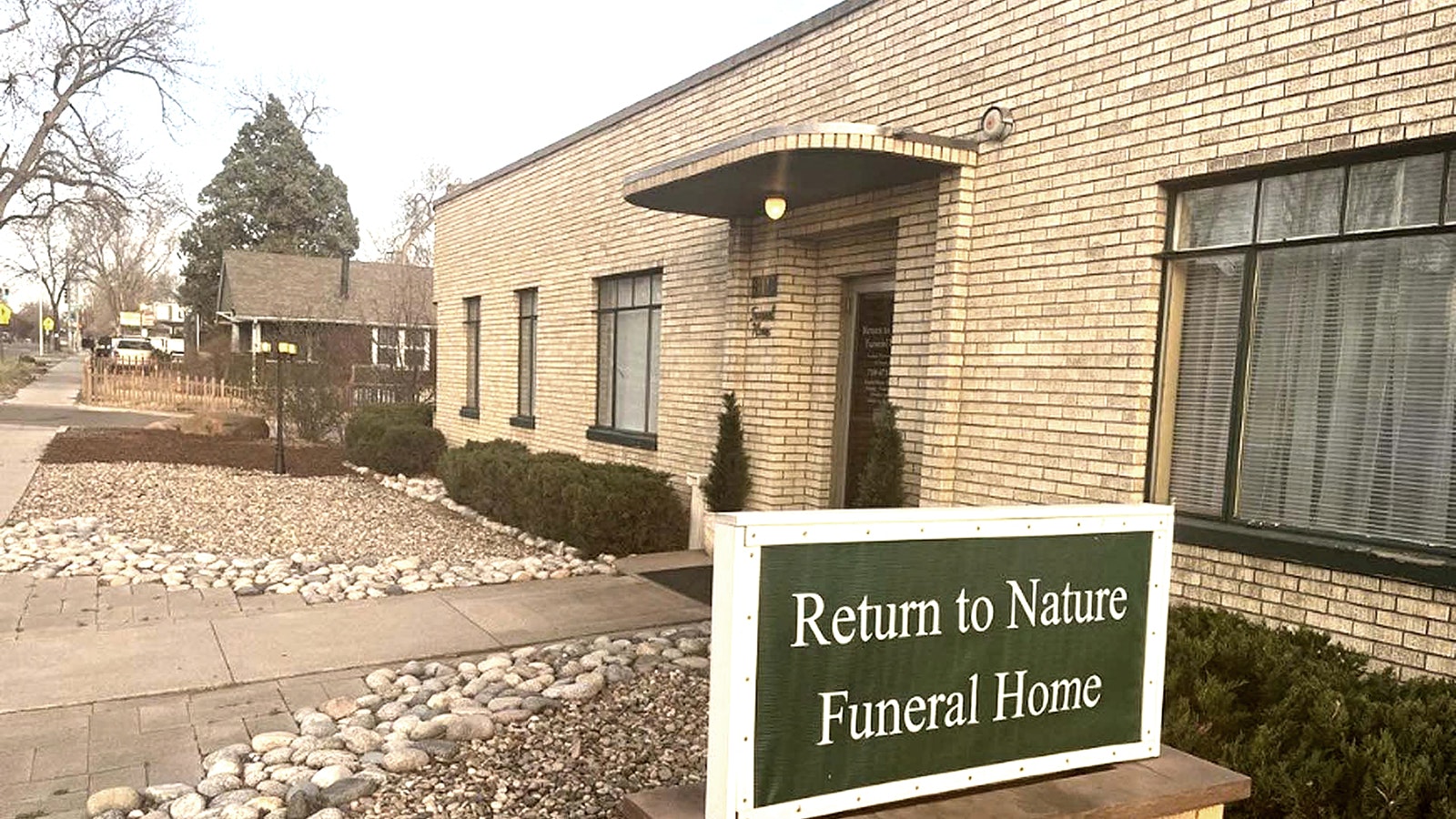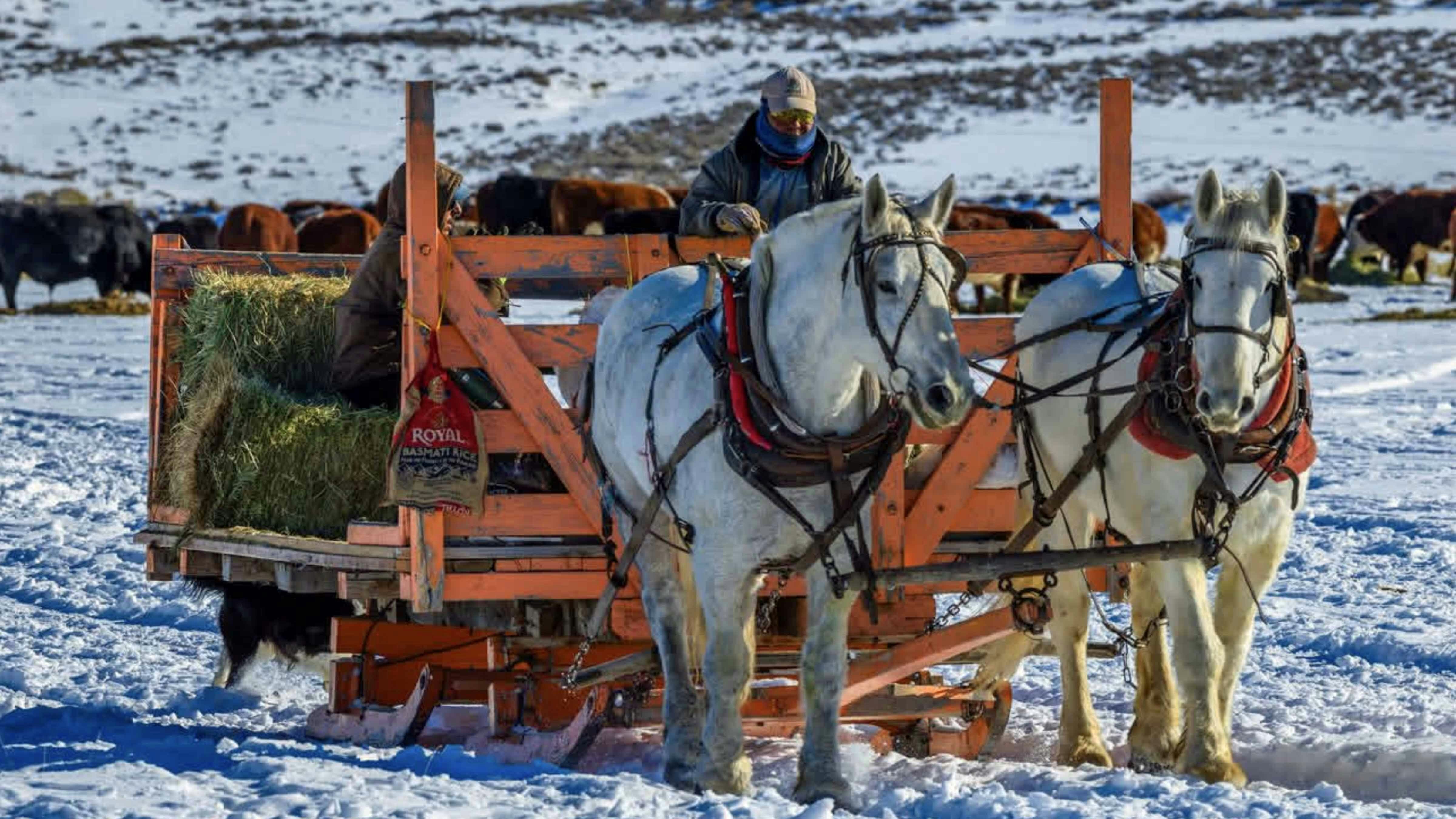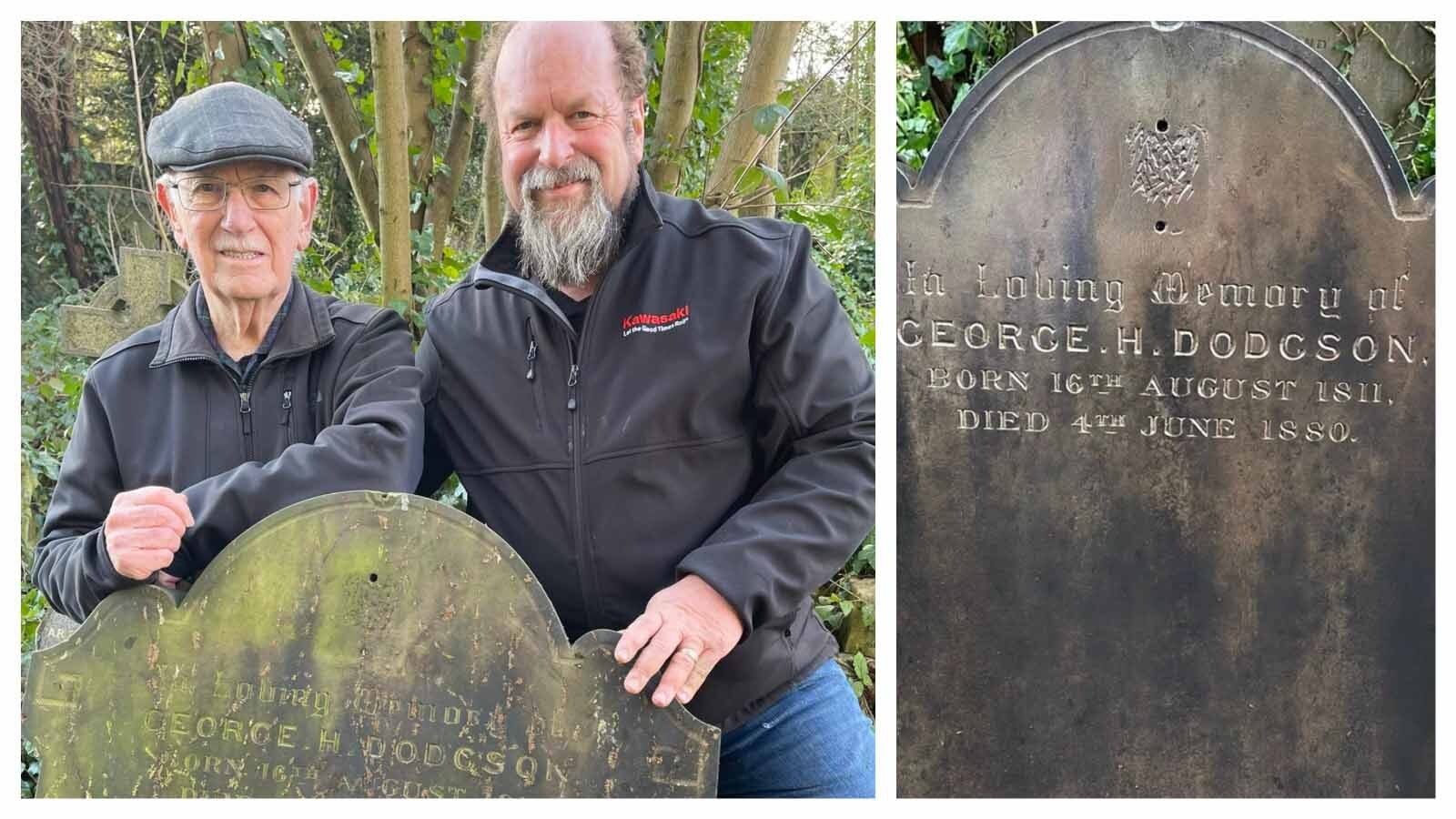The 115 human bodies found decaying in a Colorado funeral home last week produced shocking headlines that had people far beyond that state’s borders wondering if that could happen there, what secrets may be lurking in their local funeral homes?
Law enforcement officials announced last week that 115 decaying bodies were found in a 2,500-square-foot storage facility owned by the Return to Nature Funeral Home in Penrose, Colorado. The bodies were discovered after several people reported a putrid smell coming from the building. None of them were embalmed or refrigerated.
The owner of the Return to Nature Funeral Home, Jon Hallford, apparently tried to cover up his misdeeds by saying the building was used for taxidermy and he’s being investigated by the FBI.
The story is especially traumatizing for those who trusted the funeral home to properly care for the remains of their loved ones. Bodies are being identified through fingerprints, medical and dental records, and DNA testing, but the process could take several months to complete.
Anywhere In Colorado
Joey Casada, chairman of the Wyoming Funeral Directors Association, told Cowboy State Daily he “wishes he knew” how the situation at the Return to Nature Funeral Home developed.
But no matter how it happened, he believes the underlying reason traces back to a lack of regulation and inspections for funeral homes in Colorado.
Industry regulation is why Casada said a similar grisly discovery isn’t likely in Wyoming.
“Colorado is known nationwide for limited regulation and licensing,” he told Cowboy State Daily. “Almost none. Unfortunately, these situations seem to be popping up in Colorado more often.”
Earlier this year, Megan Hess and Shirley Koch, the former owners of Sunset Mesa Funeral Directors in Montrose, Colorado, were sentenced to federal prison after pleading guilty to selling human bodies and body parts without the consent of family members. They had allegedly been doing this for more than a decade before being caught.
Hess was sentenced to 20 years and Koch to 15 years.
There is a law in Colorado that a body not buried within 24 hours must be properly refrigerated, which clearly didn’t happen at the Return to Nature Funeral Home. No charges have been announced associated with the situation in Penrose.
Why Wyoming Is Different
Colorado has some laws and regulations for the mortuary industry, but nothing as extensive as the regulations in Wyoming.
“Our funeral homes are inspected by (the Wyoming Funeral Directors Association) board annually,” Casada said. “If that were the case in Colorado, that situation would not have occurred.”
Casada hopes Wyomingites feel comforted that the remains of their loved ones are treated with the highest skill and compassion possible in all the state’s funeral homes. Every home and director working in the state is in compliance with these laws because of the oversight of the Wyoming Funeral Directors Association.
“All of our funeral homes and directors are educated and licensed, and they must have continuing education every year,” he said. “We have a very strong association and are annually inspected by our funeral service board. This (situation) could happen anywhere in Colorado. It’s nearly impossible for anything like this to happen in Wyoming.”
Green Guilt?
The Return to Nature Funeral Home marketed itself as a “family owned and operated” funeral home offering completely “green and natural” burial and cremation services.
Green burials are becoming more common in the United States, with everything from biodegradable caskets to “body composting” as possible options. Colorado was the second state to legalize body composting in 2021.
Considering the egregious situation in Penrose, it’s natural to want to condemn the “green and natural” approach as a contributing factor, Casada said. However, this tragedy shouldn’t serve as a reflection of green burial as a whole, and he doesn’t think it will.
“It was poor ownership and poor decisions. Any funeral home can offer green alternatives. If a family wanted a green option in Wyoming, those already exist. I don’t think it’ll impact what family to do or not do,” he said.
Ultimately, the greatest tragedy of the situation is a lack of closure for the families who trusted the funeral home to properly care for their loved ones after they died. Casada owns the Casada Funeral Home and Crematory in Rawlins and knows how emotionally intense that situation is.
“On behalf of myself and the Wyoming Funeral Directors Association, our heart goes out to the families impacted by that situation,” he said. “It’s absolutely devastating for those families, and I cannot imagine what those folks are going through. It’s a horrible thing, and we pray that they get some closure by the end of all that.”
Andrew Rossi can be reached at arossi@cowboystatedaily.com.





